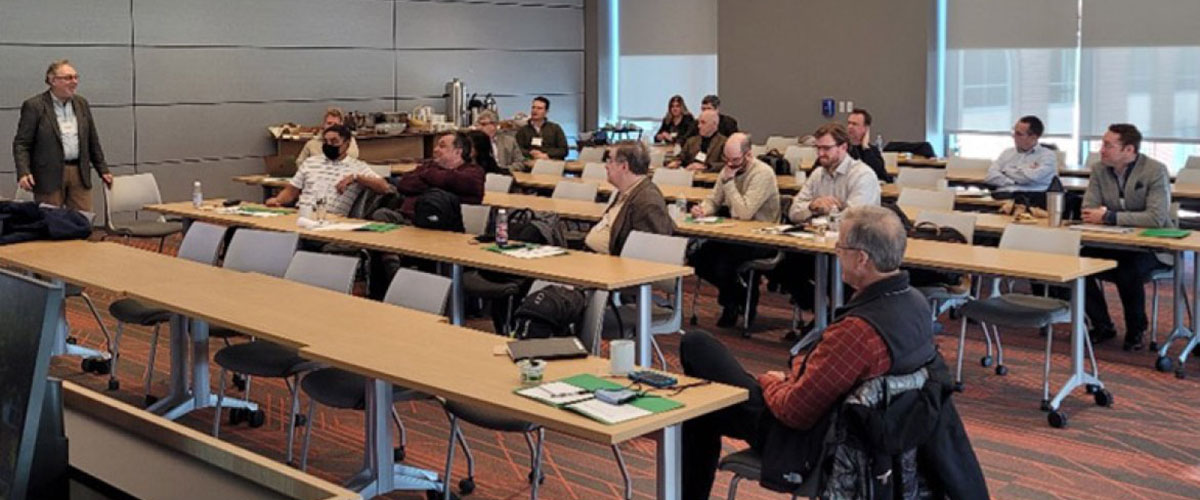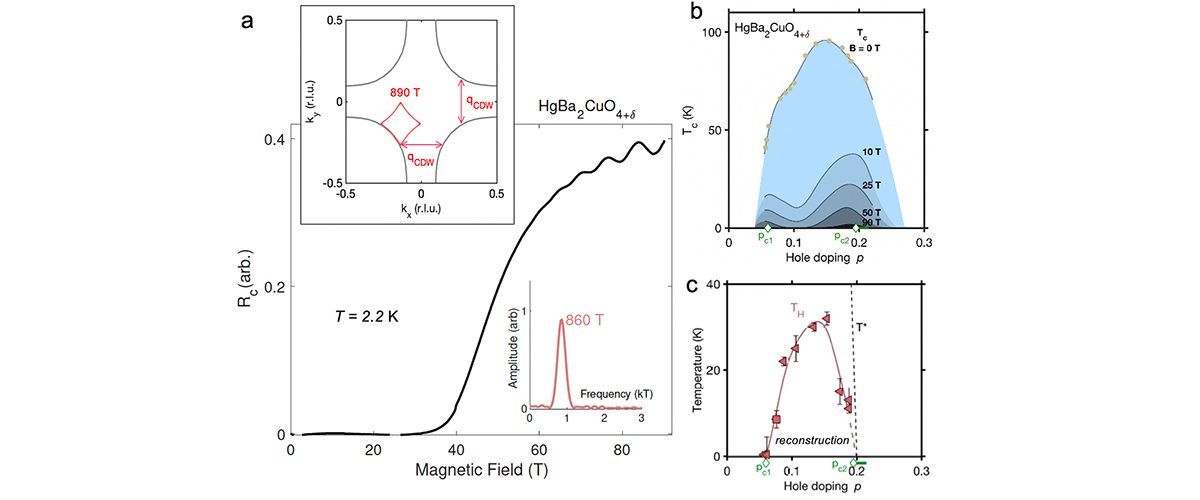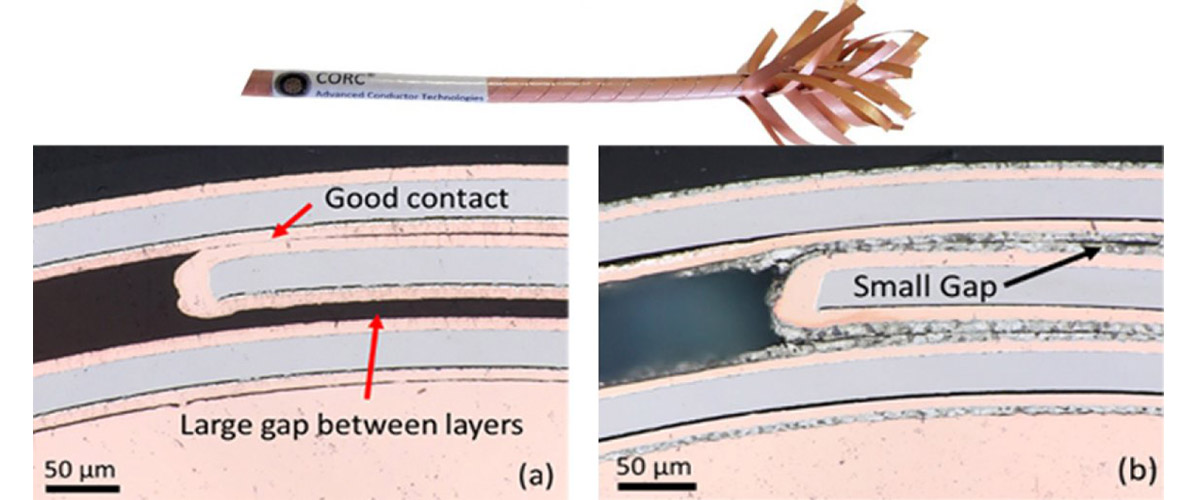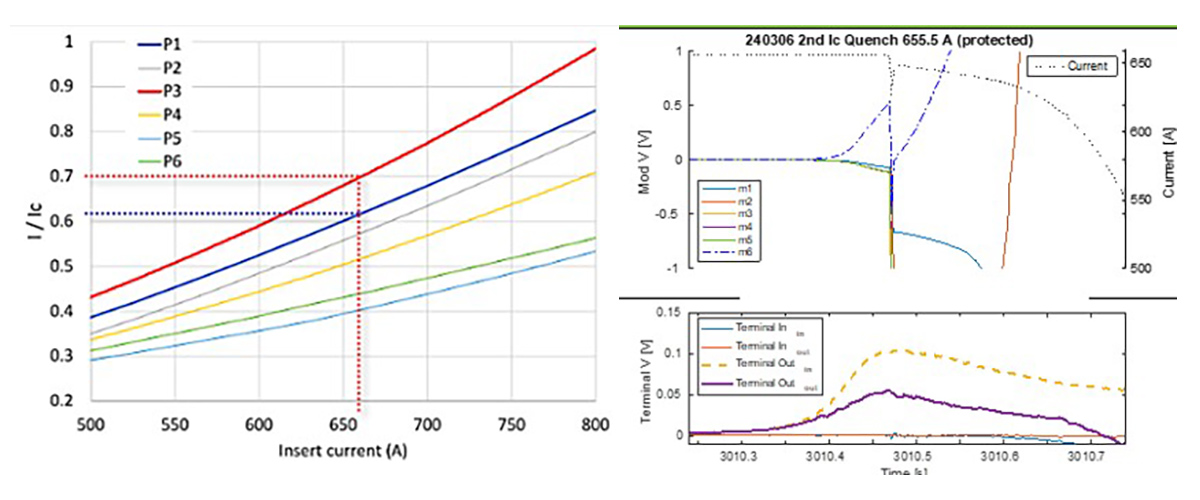What is the development?
Project leaders for multi-billion-dollar science facilities, CEOs of companies, technology developers from aerospace, fusion, and medical sectors, raw materials suppliers, university faculty, and national laboratory program heads (including representatives from the MagLab) met in March 2022 to analyze challenges and propose solutions for the advanced superconductors supply chain. The meeting identififed key elements of public-private partnerships that underpin business models for manufacturing advanced superconductors for magnet technology.
Why is this important?
Advanced superconductors enable magnet technologies on which large science facilities, like the MagLab, are built and on which industries, such as medical imaging and fusion energy, are based. These newly developed manufacturing business models seek to address complexities of the economic ecosystem that determines how advanced superconductors emerge and successfully address any "valley-of-death" challenges until market-driven demand can support manufacturing. These new business models respond to a presidential executive order (E.O.) 14017 “America’s Supply Chains,” signed February 24, 2021, by President Joseph Biden
Who was involved?
Lance Cooley1, Kathleen Amm2
1Florida State University and National MagLab; 2Brookhaven National Laboratory
Why did this work need the MagLab?
The MagLab's Applied Superconductivity Center (ASC) is supported by multiple grants from a variety of funding sources to research and develop advanced superconductors. The ASC and MagLab also lead the large-scale procurement of advanced superconductors for significant international science and high-field magnet projects, including the upgrade of the Large Hadron Collider at CERN and MagLab's 40T magnet project. The ASC's and MagLab's perspectives are a chief reason why funds were awarded by the Department of Energy for this business model development work.
Details for scientists
- View or download the expert-level Science Highlight, Addressing Supply Chain Challenges for Advanced Superconductors
Funding
This research was funded by the following grants: US Dept. of Energy, Office of Accelerator R&D and Procurement (DE-SC0022298); G.S. Boebinger (NSF DMR-1644779);
For more information, contact Lance Cooley.






